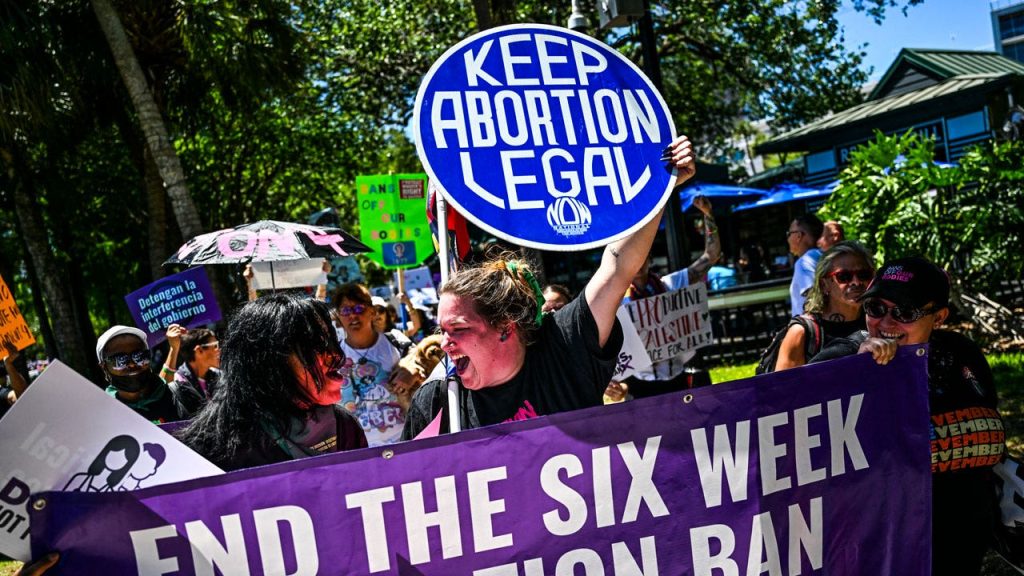A Florida district judge recently issued a temporary restraining order to prevent the state government from taking legal action against television stations over pro-abortion ads. Floridians Protecting Freedom, which is advocating for the passing of the Amendment 4 Right to Abortion Initiative, filed the lawsuit against Florida Surgeon General Joseph Ladapo and former general counsel John Wilson. The proposed amendment aims to end Florida’s 6-week abortion ban and protect abortion rights in the state’s constitution by permitting abortion before viability or when necessary for the patient’s health. The lawsuit was prompted by the Department of Health sending letters to television stations airing the pro-abortion ads, claiming they were false and dangerous, and threatening legal action if the ads were not removed.
District Judge Mark E. Walker’s order emphasized that political advertisements, including those related to the proposed amendment, are protected under the First Amendment. He stated that the government cannot censor political speech simply by deeming it false or dangerous. The Department of Health continues to maintain that the ads are misleading and harmful, while the campaign director of Yes on 4, Lauren Brenzel, hailed the court order as a victory for democracy and the protection of free speech. The order is set to expire on October 29, allowing the pro-abortion ads to continue running for the time being.
The controversy surrounding the Amendment 4 Right to Abortion Initiative has sparked debate not only in Florida but also at the national level. Former President Donald Trump criticized the proposed amendment as radical but also expressed disagreement with the state’s 6-week abortion ban, stating that it does not provide sufficient time for women to make decisions about their pregnancies. The temporary restraining order issued by Judge Walker has halted the legal threats against television stations broadcasting pro-abortion ads until the end of October, preserving the collective’s ability to advocate for the amendment.
The Florida Department of Health has defended its actions, arguing that the pro-abortion ads are spreading false information that endangers the lives and health of pregnant women. Despite criticism from supporters of the Amendment 4 initiative and the protection of free speech, the department maintains that Florida’s heartbeat protection law includes exceptions for victims of rape, incest, and human trafficking. The ongoing legal battle underscores the deeply polarizing nature of abortion rights and the importance of freedom of speech in political advocacy.
The legal dispute between Floridians Protecting Freedom and the Florida Department of Health highlights the broader challenges surrounding reproductive rights and attempts to restrict access to abortion. The temporary restraining order has provided temporary relief for the pro-abortion advocates, allowing them to continue their campaign efforts without the threat of legal action. As the October expiration date approaches, the debate over Amendment 4 and abortion rights in Florida is likely to intensify, with implications for the broader national conversation on reproductive health and women’s rights.
Despite the varying perspectives on the proposed amendment and the impact of Florida’s abortion laws, the ultimate decision on Amendment 4 will be determined by the voters. The legal and political battles surrounding the initiative underscore the complex and divisive nature of abortion rights in the United States. As the temporary restraining order remains in place until the end of October, both supporters and opponents of the proposed amendment will continue to advocate for their positions, highlighting the ongoing clashes over reproductive rights in Florida and beyond.


